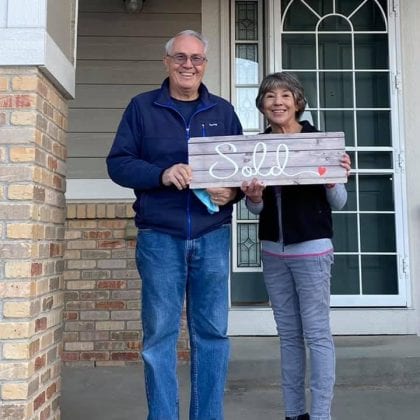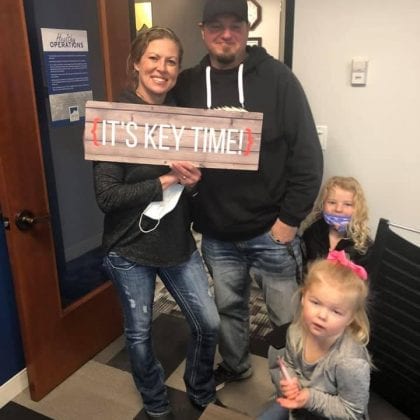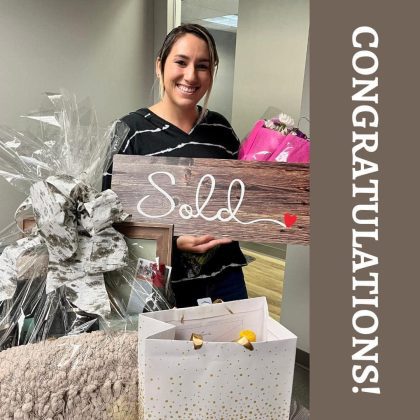Fix and Flip
A Fix and Flip is a short-term real estate investment that involves purchasing a distressed property, fixing it up and selling it. You may also opt to fix and hold, where you would fix it and then hold it for longer-term profit. When choosing this investment you must take into account all potential costs including a profit margin. It is best to start with the most likely selling price and work backward to arrive at a purchase or offer price. There is a worksheet will help you calculate the costs. It is provided on the disk titled “seller’s net sheet”.
Buy and Hold
A buy and hold is simply buying a property and renting it out to cover the cost of the mortgage and all expenses. You can buy and hold any type of property from a single-family residence to an apartment building. The goal is to maximize your monthly cash flow and capitalize on appreciation over time. Eventually, the mortgage is paid off and the property experiences a huge jump in cash flow.
Single Family Home
Single Family Homes will most often appreciate the most out of any category. However, your risk of vacancy is the highest as well. You don’t have other units to help offset the costs. It is an all or nothing investment. Tenants can be higher quality due to the fact they are paying more money, but you will often have groups of younger people apply as well. You have to be willing to wait a little longer for tenants if you aren’t willing to rent to groups of younger people. Certain cities will often have a limit on how many unrelated people may live in the same house.
Duplex, Triplex, and Fourplex (2-5 Units)
Financing on multi-units is generally the same as financing a single-family home if under 5 units. They spread the risk of vacancy over more than one unit and usually provide a higher monthly cash flow. They are less appealing to tenants than single-family homes and can bring slightly lower rates than single-family homes. For example, a 4-bedroom house may rent for $1400, while a 4-bedroom duplex may only rent for $1200. Take this into consideration when considering your purchase. You may sometimes have to put a larger percentage down payment on a multi-unit building and financing is not always the same.
Apartment Complex
In general, any complex over 5 units is considered commercial and will not qualify with a conventional loan. You must obtain special financing for units over 5. This does not necessarily mean that the terms will be different, but the way that lenders qualify you for the loan is. Often you will need commercial, portfolio, or sub-prime lending to achieve this goal and sometimes be required to put a larger percentage down payment down on the purchase of the property. The risk of vacancy is spread over a larger number of units, but the financial risk is much higher than a single-family or small multi-unit building.
Commercial
In general, commercial real estate refers to anything not classified as residential. This includes office space, car washes, storage facilities, businesses and other types of buildings. Commercial real estate is often a larger financial investment and will require significant equity down. The risks are higher than residential real estate, but the returns can be greater.








